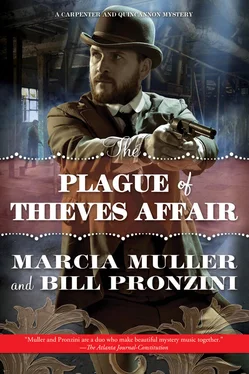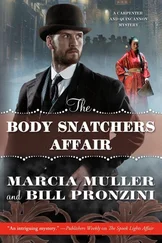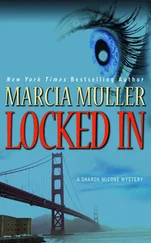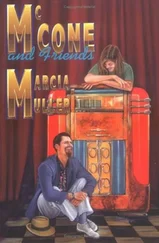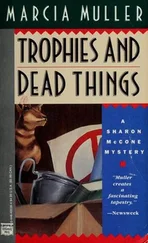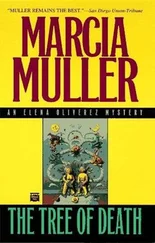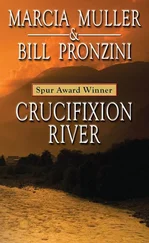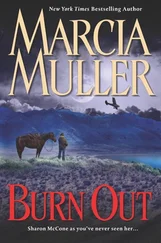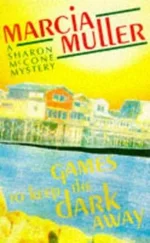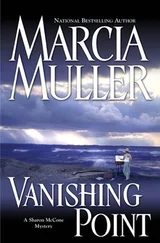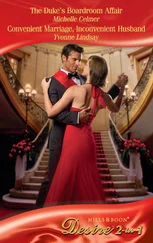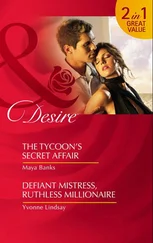“He could have smuggled it into the utility room earlier and stashed it somewhere, couldn’t he?”
“Planning to take his own life when he had enough money hidden in his rooms to flee the city? And to do it there in the brewery, rather than in the privacy of his rooms? No, Caleb Lansing was murdered, and for the same reason Otto Ackermann was.”
“The other reasons you’re so certain?”
“Second is the location of the fatal wound. Lansing was shot on the left side of the chest, just above the rib cage — an awkward, nearly impossible angle for a self-inflicted wound. Most gunshot suicides choose the head or chest as their target, for the obvious reason.”
“Yes, that’s true.”
“Third, there were no powder burns on his shirt or vest. He was shot from a distance of at least two feet, an outright physical impossibility if his were the finger on the trigger. And fourth, he made no effort to leave the premises while leading me a merry chase, but headed straight down to the storerooms. That suggests a purpose that had nothing to do with hiding, for there was no safe place he could have concealed himself there.”
“What purpose?”
“My suspicion,” Quincannon said, “is that a rendezvous had been arranged in the utility room this morning. It’s seldom used, I was told. Lansing was consulting his watch when I found him in the fermenting room. That, too, is suggestive — that the time of the meeting was near at hand.”
“A meeting with whom? Whoever killed him?”
“Yes. His accomplice in the theft of the steam beer recipe and the murder of Otto Ackermann.”
Sabina considered this for a few seconds before she asked, “Why would Lansing need an accomplice? From what you’ve told me, Ackermann was an old man. It would hardly take two to coerce the combination to his safe from him and then to pitch him into the vat.”
“The plan required a certain amount of brain power, daring, and strong nerve, and Lansing had none of these. The accomplice may well have been the one recruited by Cyrus Drinkwater and/or Xavier Jones. He may also have had a hold of some sort on Lansing to force him into the crime.”
“You suspected all along there were two Golden State employees in cahoots, then?”
“Naturally,” Quincannon lied. He should have suspected it from the first, given Lansing’s weak-stick nature. But he hadn’t until the discovery of the assistant brewmaster’s corpse. Well, even the best detectives suffered a blind spot now and then. Not that he would ever admit it to Sabina, or a client or any other party.
“Was the shooting premeditated or a spur-of-the-moment crime, do you suppose?”
“A combination of both.”
Sabina raised an eyebrow. “That would seem to be a paradoxical statement, John.”
“Not really. When Lansing escaped from me, he fled to the storerooms to tell his partner the game was up. He was the sort who would spill everything in an instant once he was captured, and the accomplice knew it. He had no choice but to dispose of Lansing then and there, before his name was revealed to me.”
“Then he was the one armed with the LeMat revolver?”
“Either that, or he planted it there himself earlier. Which means he planned to eliminate his partner for reasons of greed, self-protection, or both — his purpose in arranging the utility room meeting.”
“And how did he manage after the shooting to escape from behind two locked doors and under your watchful eye?”
Quincannon fluffed his whiskers. “I can’t say just yet.”
“Meaning you have no idea?”
“A glimmering of one, yes.” This was another prevarication. And Sabina wasn’t fooled; he could tell by the look in her eye. As was his wont when he was temporarily embarrassed, he resorted to bluster. “I’ll soon have the answer. No conundrum stumps John Frederick Quincannon for long, as you well know, my dear.”
The corners of Sabina’s mouth quirked with wry amusement. “Oh, yes, I’m well aware of your prowess. You’re the rival of Vidocq and Sherlock Holmes when it comes to solving the seemingly insoluble.”
“You’re referring to the genuine Holmes, I trust, not that insufferable rattlepate charlatan who kept plaguing us last year.”
“Well, he did help us solve several difficult crimes.”
“Bah. Sheer lunatic luck in every case.”
The very thought of the crackbrain Sherlock raised Quincannon’s blood pressure. He finished scraping the cake from his pipe bowl with an angry swipe, scowled at the black residue on the knife blade, and produced his already soiled handkerchief to cleanse it.
Sabina, watching him, said, “What’s that yellow residue?”
“Eh? Yellow?”
“On your handkerchief. Yellow and black streaks now, a fetching combination.”
Quincannon peered at the saffron marks. “Oh, they came from—” He broke off abruptly, blinking, his mind filling with a memory image of the last storeroom he’d investigated.
“It’s an odd color,” Sabina said. “What is it?”
The answer, that was what it was. Thunderation! Why hadn’t he realized it before? Excitement seized him; he bounced to his feet, stuffed pipe and closed penknife into his coat pocket, and crossed quickly to the hat rack for his derby.
“John? Where are you off to in such a hurry?”
“To the public library. And after that, if all goes well, to nab a double murderer.”
It was well past dark when he once again arrived at Golden State Steam Beer. The night guard at the front entrance had evidently been briefed on the fact that Quincannon was in James Willard’s employ; a look at his credentials and he was allowed admittance with no questions asked.
The business offices on the second floor were all deserted, which suited Quincannon’s aim perfectly. The door to the cubicle he sought was locked, but only for less than a minute once he set to work with his picks.
He found what he’d hoped to find almost immediately — a yellow smear on one chair leg, and two small dried flower buds on the floor beneath the desk. Hop buds. And the yellow stuff was lupulin, a fine powdery dust that clings to the yellow glands between the petals of hop flowers, some of which is released when the flowers are picked. It was this dust, not the hop buds themselves, that offset the sweetness of malt and gave beer its sedative and digestive qualities. A book at the public library at Civic Center had informed him of these facts, complete with pictures. The book had also imparted another tidbit of information, one which made the balance of the day’s events crystal clear.
Now he knew how Caleb Lansing had been murdered behind locked doors, by an assassin who had seemingly vanished into thin air.
And that assassin, Lansing’s accomplice in theft and murder, was the man he’d come to suspect it would be — the man who had popped up suddenly and without explanation soon after the discovery of Lansing’s body, in a section of the brewery he had no good reason to be. Elias Corby, Golden State’s long-snouted bookkeeper.
There were no cabs in the vicinity of the brewery when Quincannon emerged. He had to cover the two blocks to Market Street on shanks’ mare before he found one.
As he was settling inside, one of the newfangled horseless carriages that were supposedly being manufactured in large quantities in the East, though few had yet to be in use in San Francisco, passed by snorting and growling like a bull on the charge. The confounded machines were noisy polluters that frightened women, children, and horses, but he had to admit that they were capable of traveling at an astonishing rate of speed. Too bad he hadn’t the use of one himself right now; it would get him to his destination twice as fast as the hansom. Speed was not of the essence, but the sooner he confronted Elias Corby and dragged a confession from the man, the sooner he would be rewarded with the balance of his fee from James Willard.
Читать дальше
